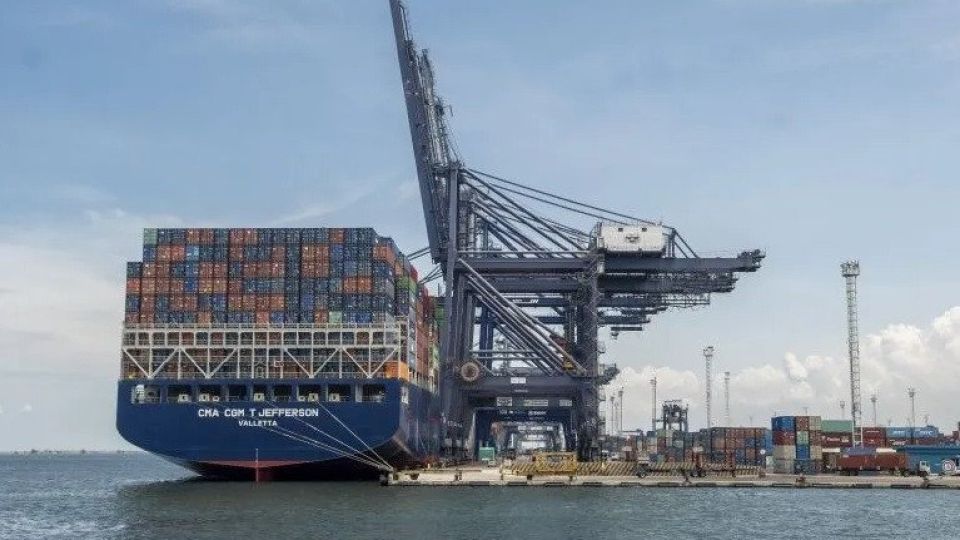August 1, 2023
JAKARTA – The government has highlighted longstanding tax incentives and other policies that seek to lighten the burden on exporters that keep their earnings in country, as it prepares to require high-value exporters to maintain foreign exchange deposits at home.
Bank Indonesia (BI) Governor Perry Warjiyo told reporters on Friday that the central bank allowed export earnings stored in a special time deposit account to be used as collateral for credit in rupiah and for currency swaps, should exporters need some rupiah in their accounts.
In addition, the central bank offered “competitive rates” for exporters’ earnings deposits, designed to be higher than those offered by foreign banks.
“We will release the revised or perfected [version] of the BI regulation, which actually has always been there, related to export earnings,” Perry told reporters in a press briefing.
Read also: New export receipt rules ‘mostly good’ but must not hamper cashflow
Speaking at the same briefing, Finance Minister Sri Mulyani noted that the government offered much lower tax rates on export receipts held in country than typical time deposits, which were taxed around 20 percent.
For instance, month-long foreign earnings time deposits were taxed at 10 percent, but the rate dropped to 2.5 percent for tenors of six months and none at all for tenors longer than that.
The ministry offered even lower tax rates if exporters converted their earnings to rupiah, she said, such as a 7.5 percent tax rate on month-long deposits and no tax at all for tenors of six months or more.
The tax incentives are identical to what the government began offering in 2018, when it introduced a similar policy to keep export receipts in the country.
Read also: Explainer: How BI wants to lure back dollars to buttress rupiah
President Joko “Jokowi” Widodo signed a government regulation on export receipts on July 12 that will come into effect on Aug. 1.
The new rules require exporters to open special accounts in Indonesia where they must keep at least 30 percent of their total export receipts for at least three months.
The policy only applies to businesses exporting mining, plantation, forestry or fisheries goods and whose earnings surpass US$250,000 per export declaration.
Those four sectors account for 69.5 percent of the country’s total exports, or $203 billion, Coordinating Economic Minister Airlangga Hartarto said at the same briefing.
He said mining goods accounted for lion’s share of exports, 44 percent of the total value, or some $129 billion, followed by plantation agriculture, forestry and fisheries goods, contributing $55.2 billion, $11.9 billion and $6.9 billion, respectively.
“If the minimum amount is 30 percent, that translates to $60 billion per year,” said Airlangga, adding that the number could go up in the future.
However, businesses have said the policy could disrupt their cash flow amid low commodities prices and increased operational expenses in some industries.


